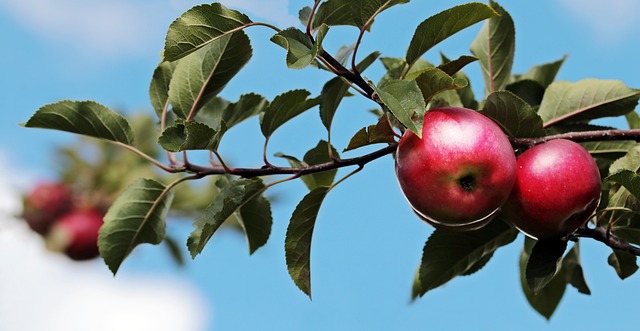The world is constantly changing and evolving, and with every passing day, we discover new ways to improve our health and wellbeing. One of the most exciting developments in recent years is the growing popularity of probiotics. These so-called “superfoods” have taken the health and wellness industry by storm and for good reason. Probiotics are essential for maintaining a healthy gut and can provide a host of benefits, from improved digestion to a stronger immune system. In this blog, we’ll explore the probiotic revolution, and new ways to incorporate these superfoods into your diet.
The Importance of Probiotics
Before we dive into the best ways to incorporate probiotics into your diet, let’s first take a moment to talk about why they are so important. Probiotics are essentially “good” bacteria that live in your gut. These bacteria help to regulate your digestion and provide numerous other benefits such as:
- Strengthening the immune system
- Reducing inflammation
- Improving mental health
- Preventing allergies
- Lowering blood pressure
Without enough probiotics, your body may experience a host of health problems, including digestive issues, skin conditions, and even chronic illness. Fortunately, incorporating probiotics into your diet is relatively easy and can be done in a variety of ways. Let’s take a closer look.
The Best Ways to Incorporate Probiotics into Your Diet
1. Fermented Foods
Fermented foods are a popular way to incorporate probiotics into your diet. Examples of these foods include kimchi, sauerkraut, and yogurt. Fermentation is a natural process that involves allowing bacteria to break down the sugars and carbs in food, which creates beneficial probiotics. Many health experts recommend consuming these foods daily to reap their full benefits.
2. Probiotic Supplements
If you don’t like the taste of fermented foods or can’t digest them, you may want to consider taking a probiotic supplement. These supplements come in various forms, including capsules, tablets, and powders, and can be found at most health food stores. Be sure to look for a high-quality supplement that contains a variety of probiotic strains and is free from additives and fillers.
3. Kefir
Kefir is a fermented drink that is similar to yogurt. It is made by fermenting cow or goat milk with kefir grains, a combination of bacteria and yeast. Kefir has a refreshing taste and is packed with beneficial probiotics. Some research has even suggested that kefir may have anticancer properties and could help to lower your risk of certain types of cancer.
4. Prebiotic Foods
While probiotics are essential for maintaining gut health, they require something to feed on. That’s where prebiotic foods come in. Prebiotic foods are foods that contain fiber and other nutrients that probiotics need to survive and thrive. Examples of prebiotic foods include garlic, onions, bananas, and asparagus. By consuming both prebiotic and probiotic foods, you can create an optimal environment for gut health.
The Bottom Line
The probiotic revolution is here, and it’s changing the way we approach health and wellness. By incorporating these superfoods into your diet, you can improve your gut health, boost your immune system, and even prevent chronic illness. Whether you prefer fermented foods, supplements, or kefir, there are plenty of ways to ensure that you are getting enough probiotics in your diet. So why not make the switch and see how these incredible bacteria can benefit your health and wellbeing?







